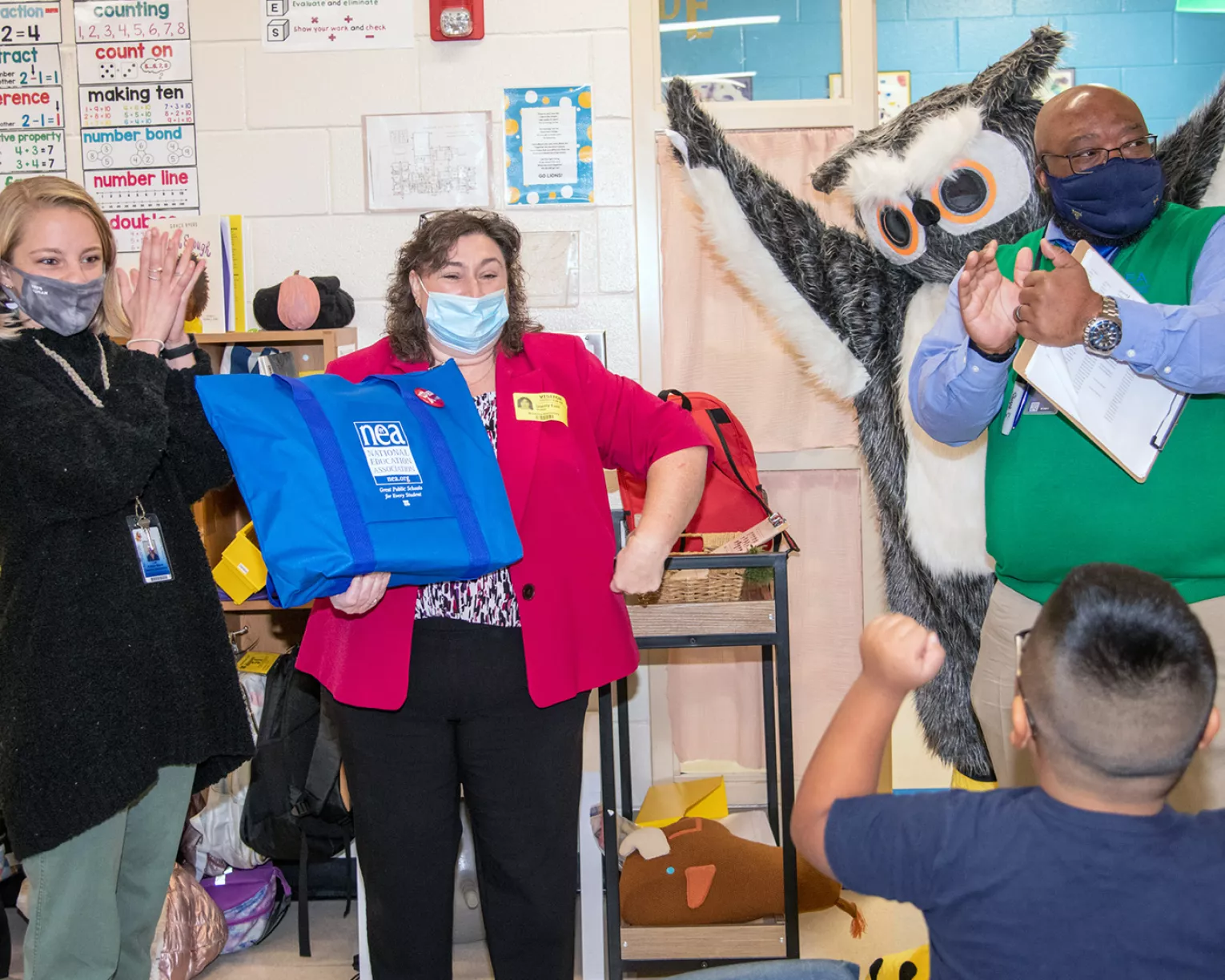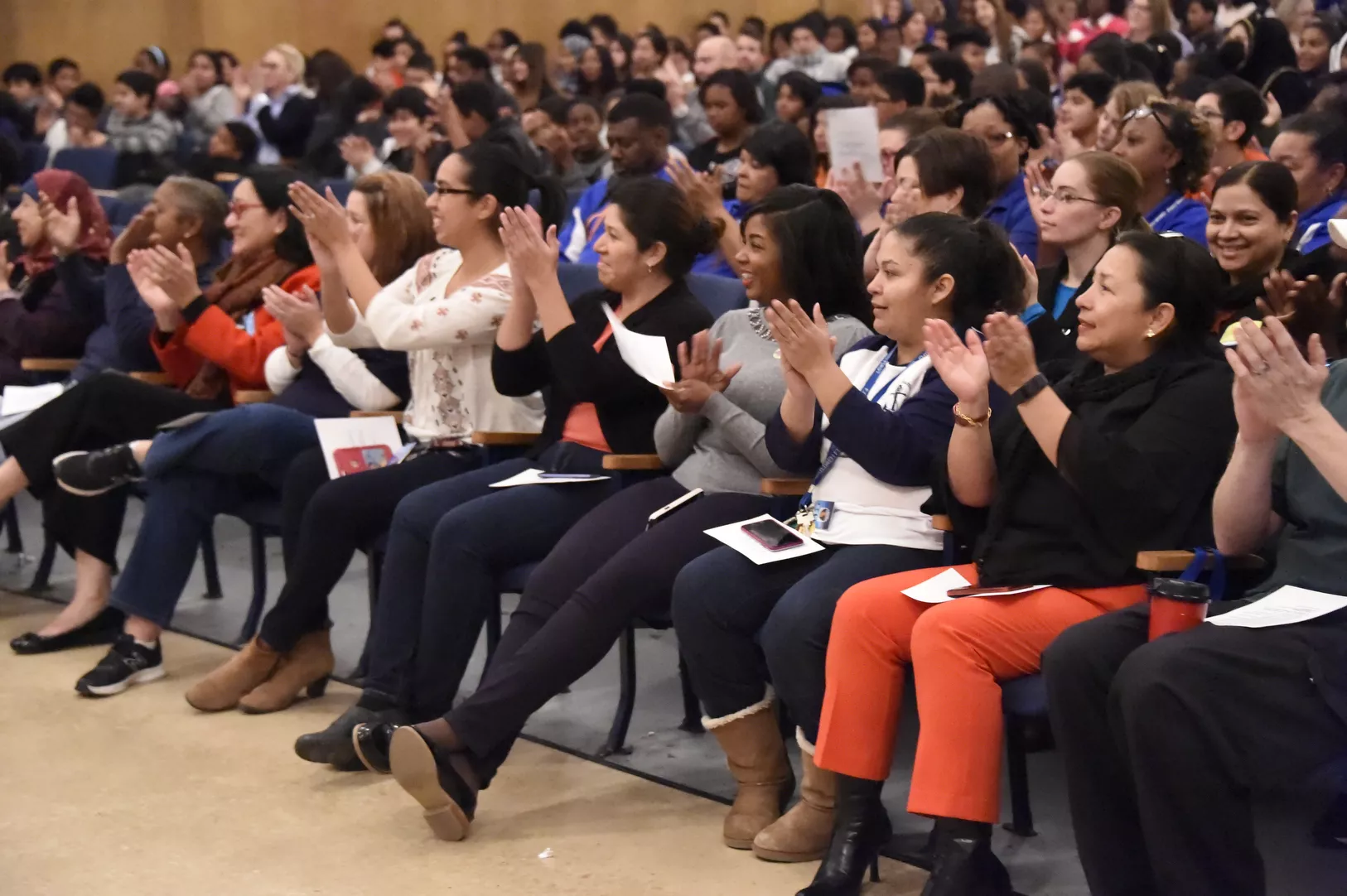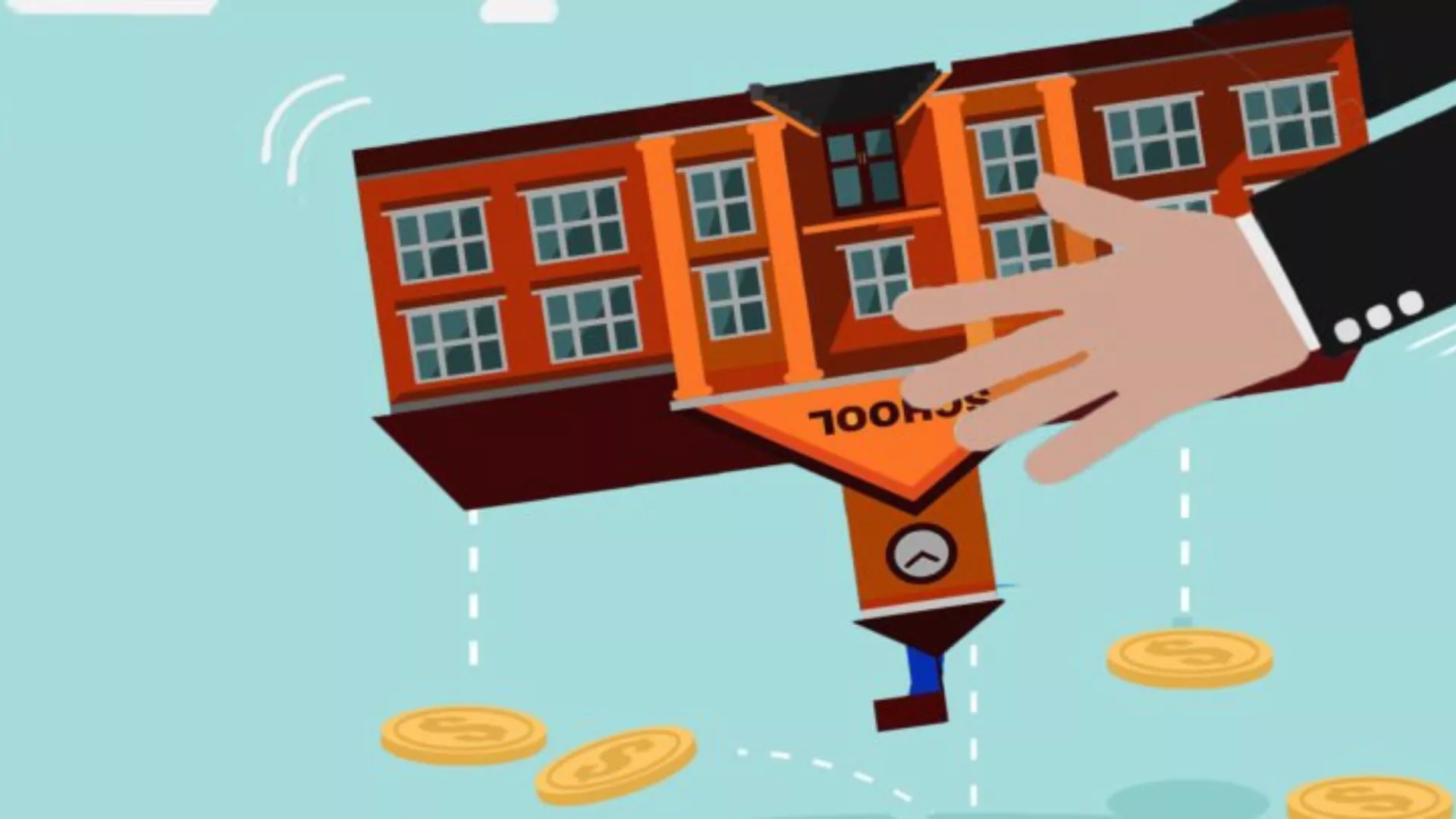This is an at-a-glance organizer's guide for community conversations. As part of an overall community outreach and engagement program, it can be a valuable tool for helping Affiliates nurture the family-school-community collaboration necessary for ensuring every student’s right to a great public school.
THE PROCESS
The CAPE Community Conversation model typically involves a 4-step process:
-
ENGAGE THE COMMUNITY. The local Association works to establish an Organizing Coalition Committee, comprised of a wide variety of community stakeholders including: parents, businesses, grassroots political organizations, faith-based groups, and ethnic minority organizations. The Coalition then initiates and moderates a Community Conversation focused on how to ensure the success of all children in an identified school, feeder pattern, or district.
-
IDENTIFY THE CRITICAL ISSUES. The Coalition Committee — including selected Community Conversation participants —meets to analyze the Community Conversation data and to identify the community’s top priorities as elicited during the Conversation.
-
AGREE ON PRIORITIES and CREATE AN ACTION PLAN. The Coalition Committee hosts a second Community Conversation, focused this time on coming to a common understanding of the community’s priority areas for improving student outcomes. The group then develops an action plan that addresses the changes they seek.
-
MOBILIZE THE COMMUNITY. Guided by the plan of action, all work together towards the identified solution. NEA staff is available, by request of the Coalition Committee, to help build capacity through skill-building sessions, trainings, or focused actions tailored for the community.
If you are interested in holding a Community Conversation or need more information, please contact NEA CAPE staff: Merwyn Scott, Director ([email protected]) or Stacey Grissom [email protected]).
This guide has been adapted from the Public Agenda's Organizer's Guide for Community Conversation About Education.
What is a community conversation?
A Community Conversation is an event where schools, community members, and organizations come together to address pressing issues facing students, educators, and public education. discuss obstacles that students face that can hinder their academic achievement. The basic goals of the Community Conversation are to:
-
Give participants a chance to voice their opinions
-
Talk about the areas where they agree
-
Discuss how the community can come together to improve educational opportunities for all young people in the community
-
Formulate partnerships that can lead to collaborative actions favorable to positive educational outcomes
CAPE believes Community Conversations work most effectively when organized by a Sponsoring Coalition of a diverse group of stakeholders from the community. This group should reflect the make-up and diversity of the school community.
Learn More
Use Your Educator Voice.






